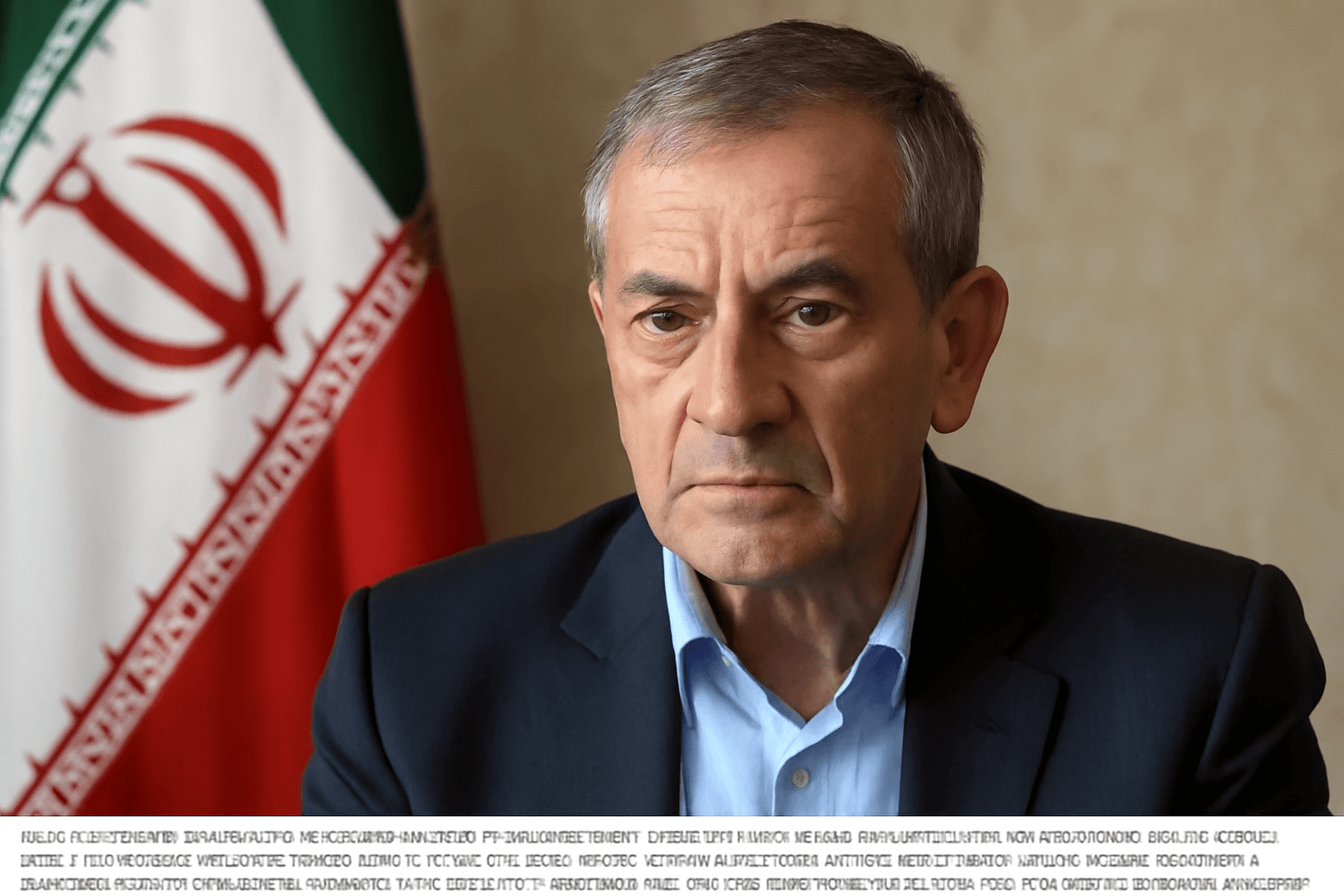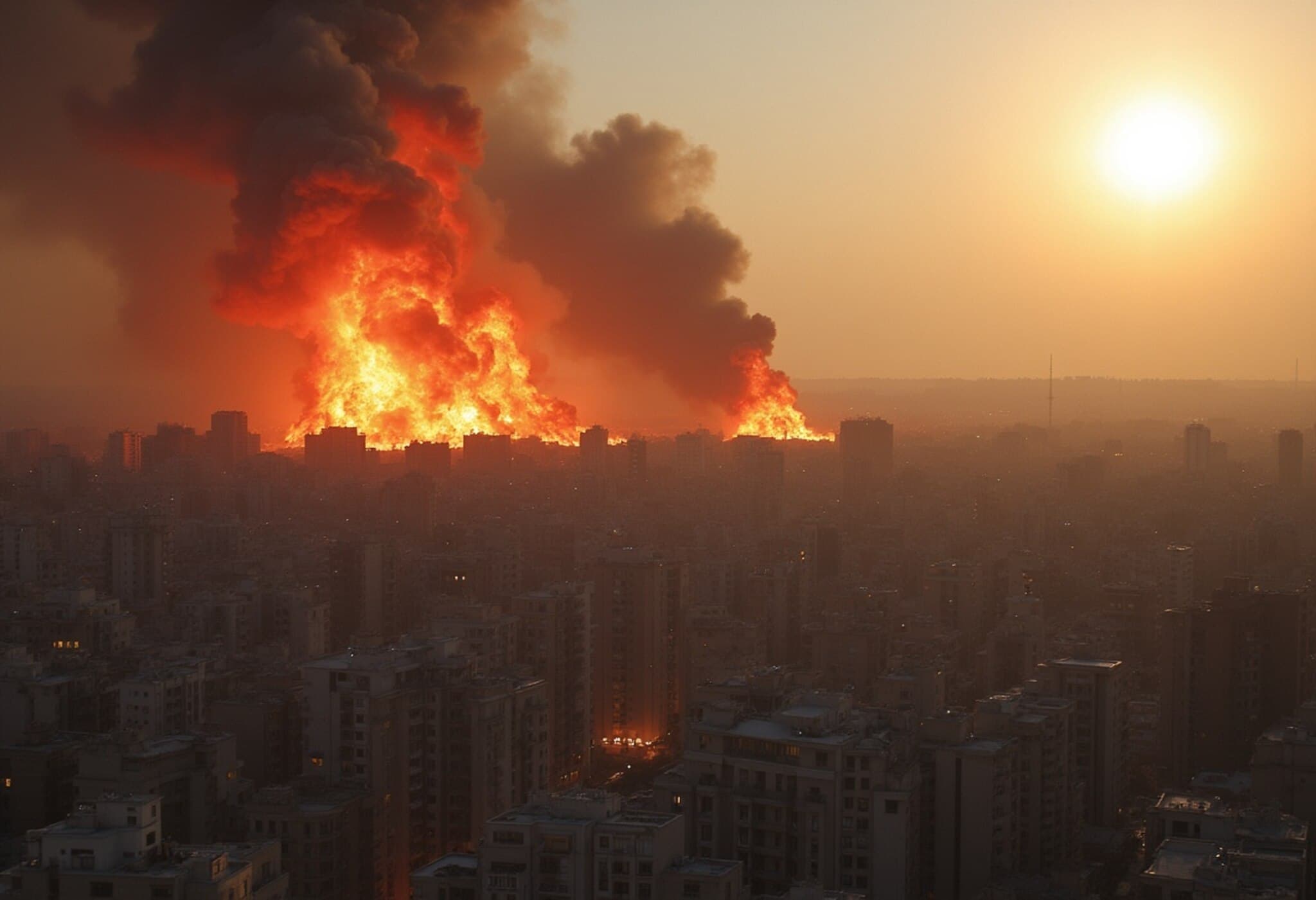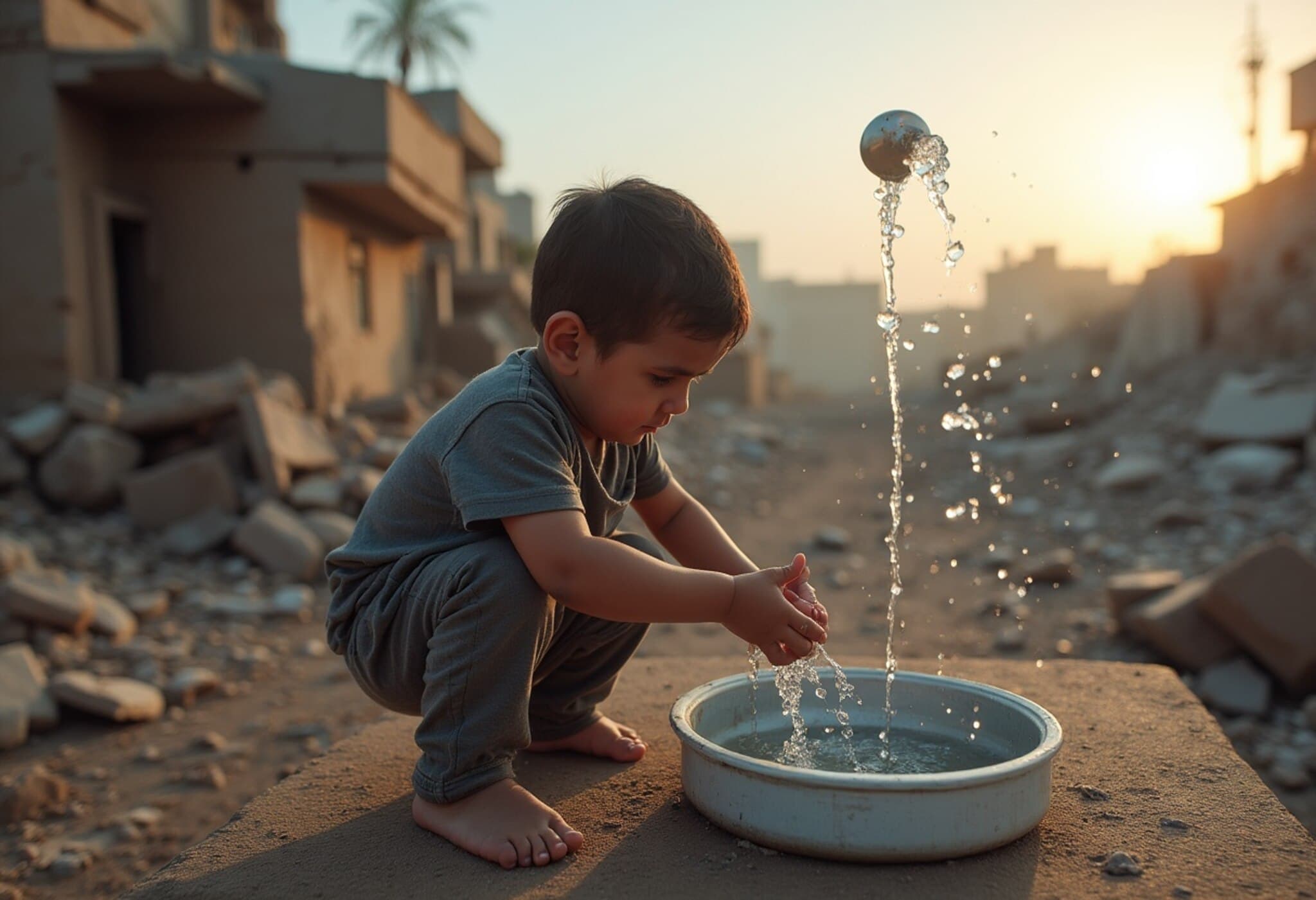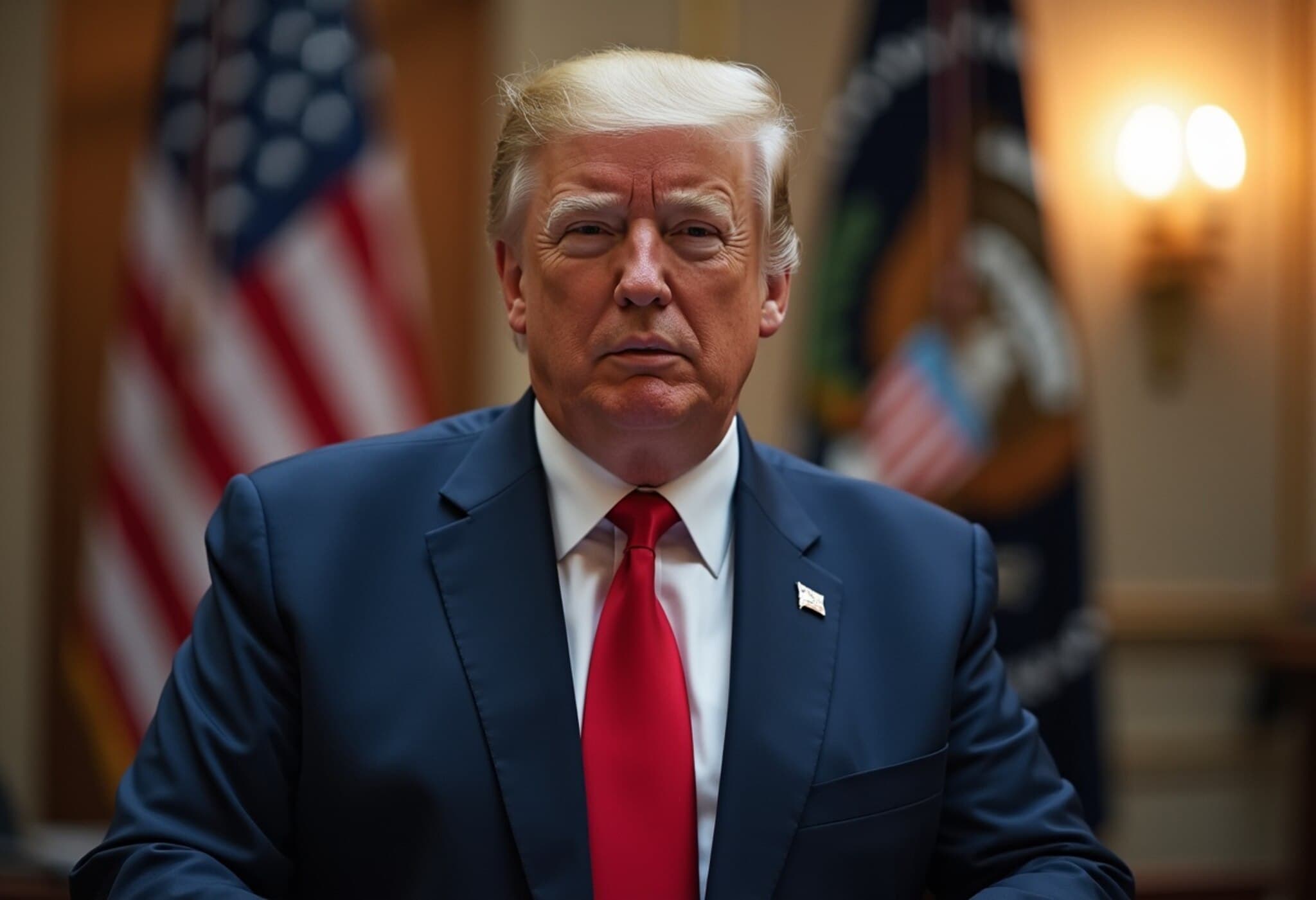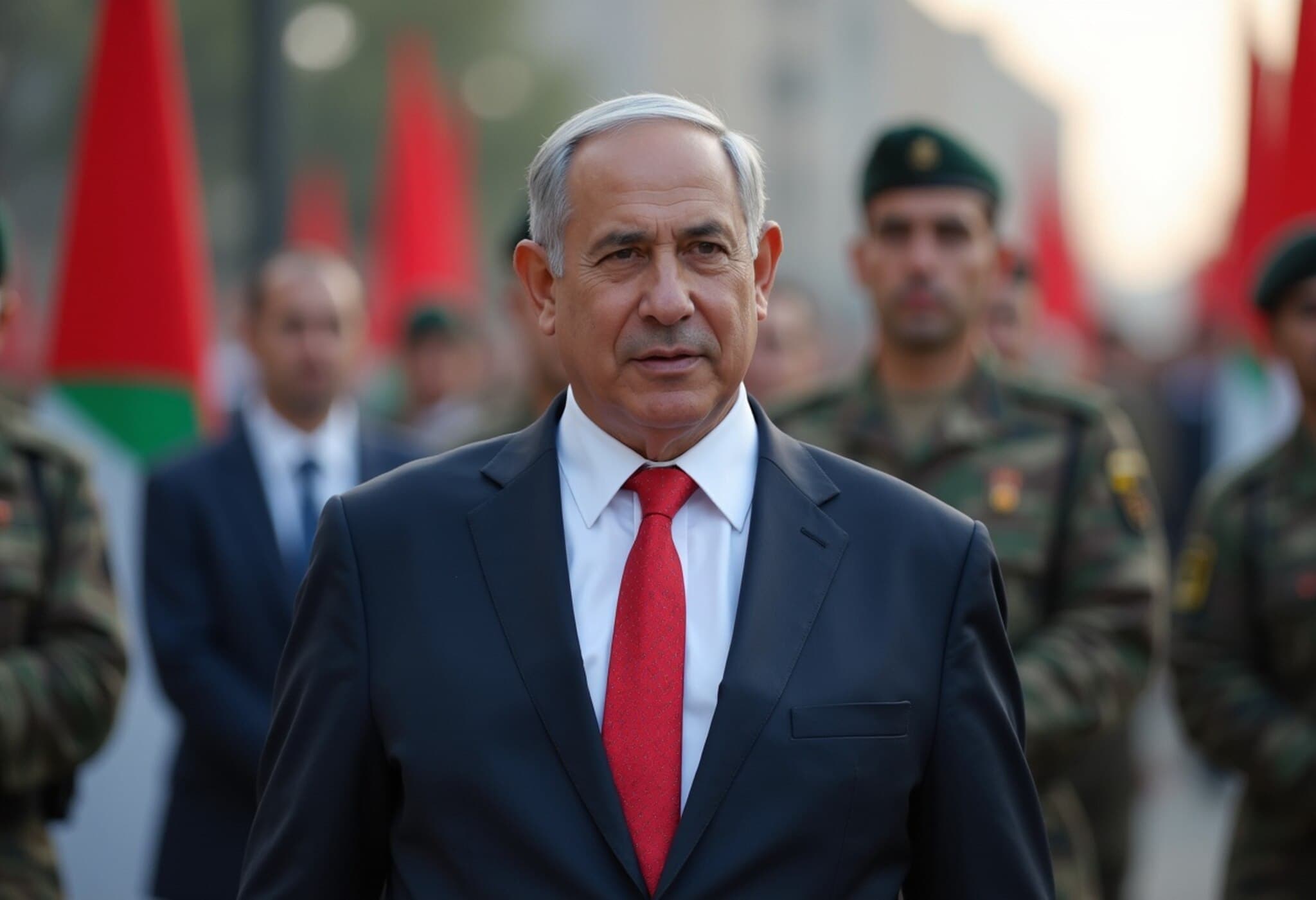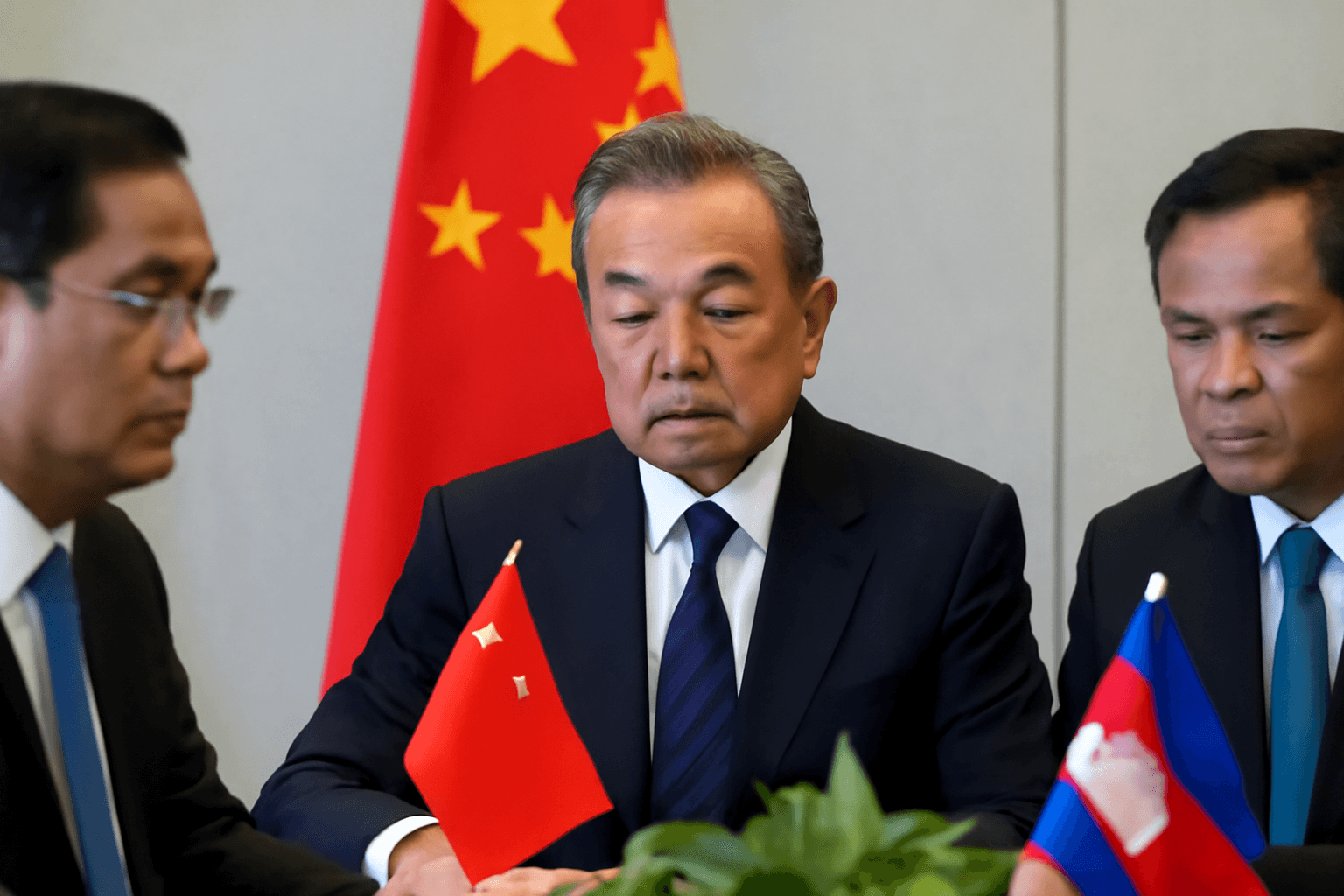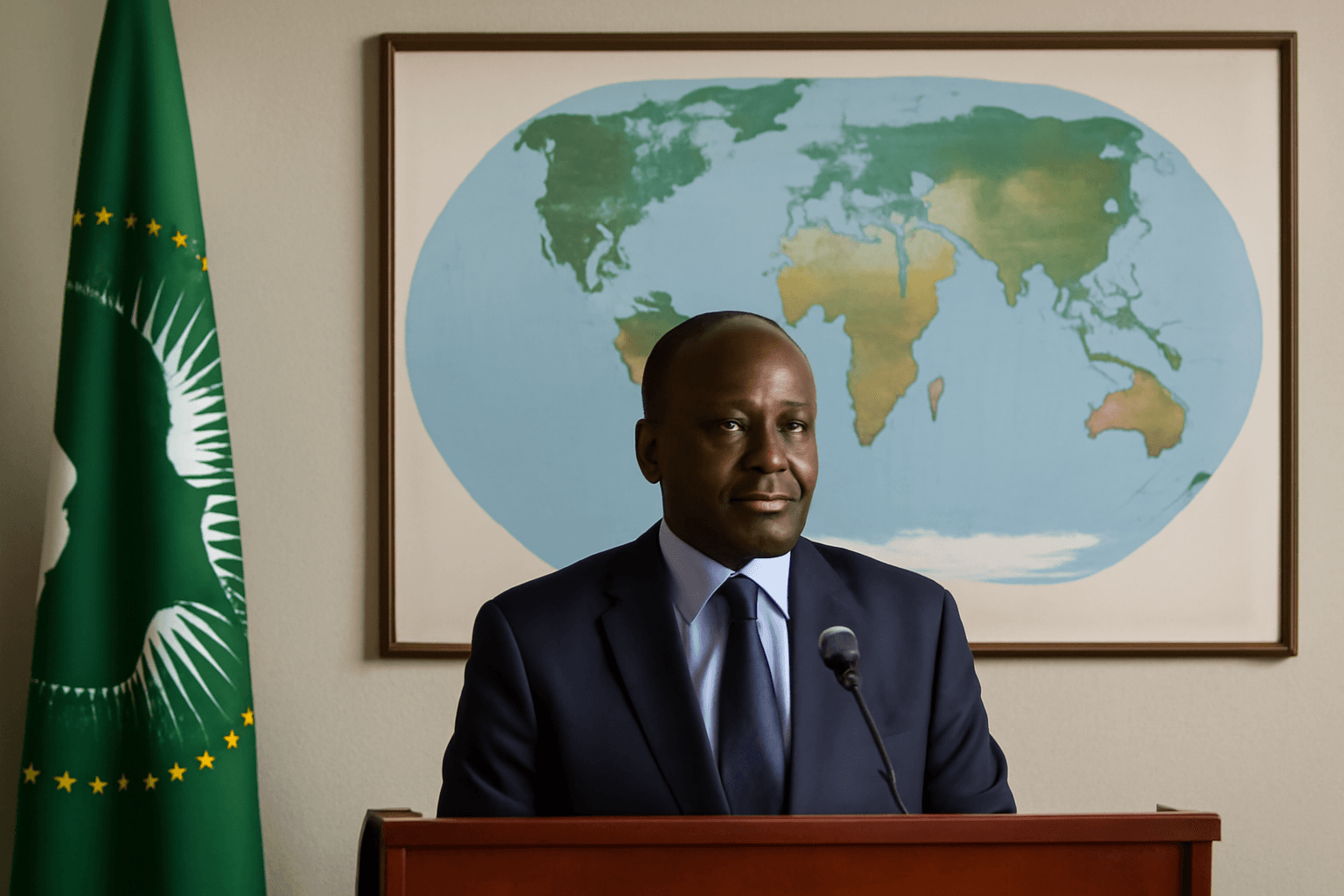Iranian President Pezeshkian Rebukes Netanyahu's Water Crisis Offer
In a sharp public response on August 13, 2025, Iranian President Masoud Pezeshkian dismissed Israeli Prime Minister Benjamin Netanyahu’s recent offer to assist Iran with its escalating water crisis. Taking to Twitter, Pezeshkian characterized Israel’s gesture as a “mirage,” highlighting the contradiction of a government accused of denying basic resources to Palestinians proposing humanitarian help to Iran.
“A regime that deprives the people of Gaza of water and food now says it will bring water to Iran? A MIRAGE, NOTHING MORE,” Pezeshkian wrote, emphasizing the deep mistrust between the two nations rooted in long-standing geopolitical conflicts.
Netanyahu Calls for Iranian Civic Uprising and Promises Cutting-Edge Solutions
In contrast to Pezeshkian’s statement, Netanyahu released a video message urging Iranians to “take risks for freedom,” encouraging them to protest their government and seek accountability. He assured that Israel was ready to provide advanced water management technologies once Iran transitions to a “free” government, reflecting an ongoing information war layered onto genuine humanitarian concerns.
Water Scarcity: Iran’s Growing Crisis
Earlier that week, during a cabinet meeting, Pezeshkian painted a grim picture of the country’s water shortage. “We do not have water, we do not have water under our feet, and we do not have water behind our dams,” he lamented. He stressed the severity of the situation, calling it “a serious and unimaginable crisis,” while indicating that Iranian experts are exploring potential solutions.
Underlying Geopolitical Strains and a Humanitarian Crossfire
Pezeshkian also took the opportunity to highlight the humanitarian crisis faced by Gaza, attributing the blockade and resource deprivation there to the “brutal regime,” implicitly calling out Israel. This exchange comes amidst ongoing conflict, with reports earlier in June indicating that Israel launched a missile attack killing over a thousand people in Iran, followed by Iranian retaliatory airstrikes.
Expert Insights: Beyond the Headlines
This confrontation over water aid underscores a broader narrative of mistrust and the weaponization of humanitarian assistance in politically charged settings. From an American policy perspective, the issue raises questions about the efficacy of international aid conditioned by political narratives. Moreover, global water scarcity is an increasing concern; cooperation over such critical resources could serve as a bridge rather than a wedge.
Could inviting Israeli water expertise help Iran mitigate its crisis regardless of political tensions? Alternatively, does the politicization of such aid deepen antagonisms, prolonging humanitarian suffering? These questions sit at the heart of an ongoing debate over whether technical assistance can transcend deep-rooted conflicts.
What’s Next?
- For Iran: Developing sustainable water management strategies remains urgent to alleviate its escalating crisis affecting millions.
- For Israel and Iran bilateral dynamics: Any potential collaboration is hampered by political mistrust, but civilian crises like water scarcity could offer openings for dialogue.
- For the international community: Engaging in neutral, depoliticized humanitarian aid may be critical to mitigating broader regional instability exacerbated by resource shortages.
Editor’s Note
This episode vividly illustrates how deeply geopolitical narratives color humanitarian initiatives. While water scarcity is increasingly a global emergency demanding cooperative solutions, offers of aid risk being dismissed when wrapped in political agendas. As water shortages threaten public health and stability, especially in regions like the Middle East, separating the human need from political rivalry is more crucial than ever. For readers and policymakers alike, it invites reflection: how can international aid be delivered that prioritizes lives over ideology? This is a question that transcends borders and challenges us to imagine new paths to peace through shared resources.

